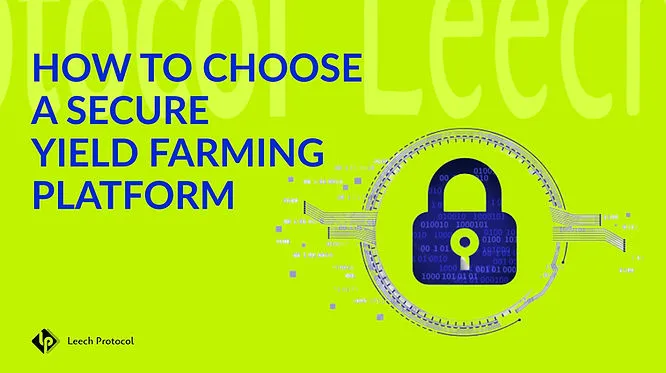
Securing Returns in Decentralized Finance through Yield Farming
Decentralized Finance (DeFi) has revolutionized traditional financial systems, offering users the opportunity to earn passive income through various mechanisms. One prominent method is yield farming, a practice that involves staking or lending crypto assets in decentralized protocols in exchange for attractive returns. However, as the popularity of yield farming grows, so does the need for security measures to protect investors and their assets.
Understanding the Basics of Yield Farming
Yield farming, often referred to as liquidity mining, is the process of providing liquidity to decentralized finance protocols in exchange for rewards. Users lock up their crypto assets in smart contracts, enabling these assets to be used for lending, borrowing, or trading. In return, participants receive governance tokens or other incentives, leading to potential profits.
Risks in the DeFi Landscape
While yield farming presents an appealing opportunity for investors to maximize their returns, it’s essential to acknowledge the inherent risks associated with decentralized finance. Smart contract vulnerabilities, impermanent loss, and market volatility are just a few of the challenges that participants may encounter. Therefore, it’s crucial to implement secure practices to mitigate these risks.
Secure Yield Farming Protocols
Investors seeking to engage in yield farming should prioritize platforms that prioritize security. Secure yield farming protocols implement robust smart contract audits, employ bug bounty programs, and use decentralized oracle solutions to enhance the overall security of their platforms. Choosing reputable projects with a strong track record of security measures is paramount to safeguarding investments.
Smart Contract Audits and Transparency
One of the primary security measures in secure yield farming is the implementation of thorough smart contract audits. Reputable projects commission third-party auditing firms to assess the code for vulnerabilities and potential exploits. Transparent platforms make these audit reports readily available to the public, allowing users to make informed decisions about the safety of the protocol.
Decentralized Governance and Community Involvement
Secure yield farming platforms often feature decentralized governance, allowing token holders to participate in decision-making processes. Community involvement is a key aspect of security, as it ensures that the platform evolves with the input of its user base. This decentralized approach not only enhances security but also promotes a more resilient and adaptable ecosystem.
Insurance and Risk Mitigation
Some secure yield farming protocols go the extra mile by offering insurance to users. Insurance funds can provide an additional layer of protection against potential losses due to smart contract vulnerabilities or other unforeseen circumstances. Users should explore platforms that collaborate with reputable insurance providers to safeguard their investments.
The Importance of Due Diligence
Before engaging in any yield farming activities, users must conduct thorough research and due diligence. Examining the project’s whitepaper, understanding the team behind the protocol, and assessing the community’s sentiment are essential steps. Secure yield farming requires an informed and cautious approach to mitigate risks effectively.
Secure Yield Farming: A Link to Confidence
To enhance confidence in secure yield farming, investors should prioritize platforms with a proven commitment to security. Platforms like


